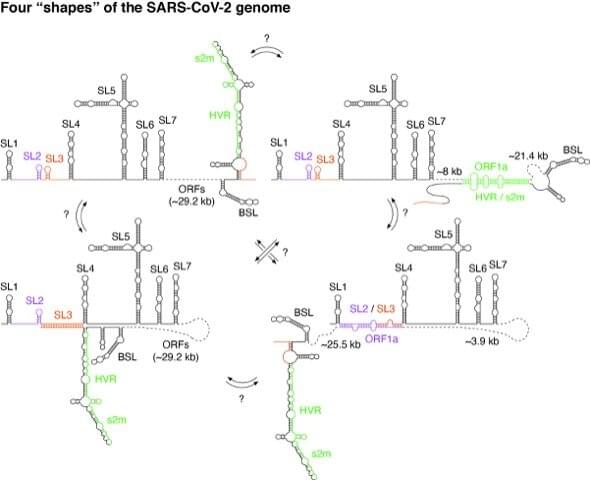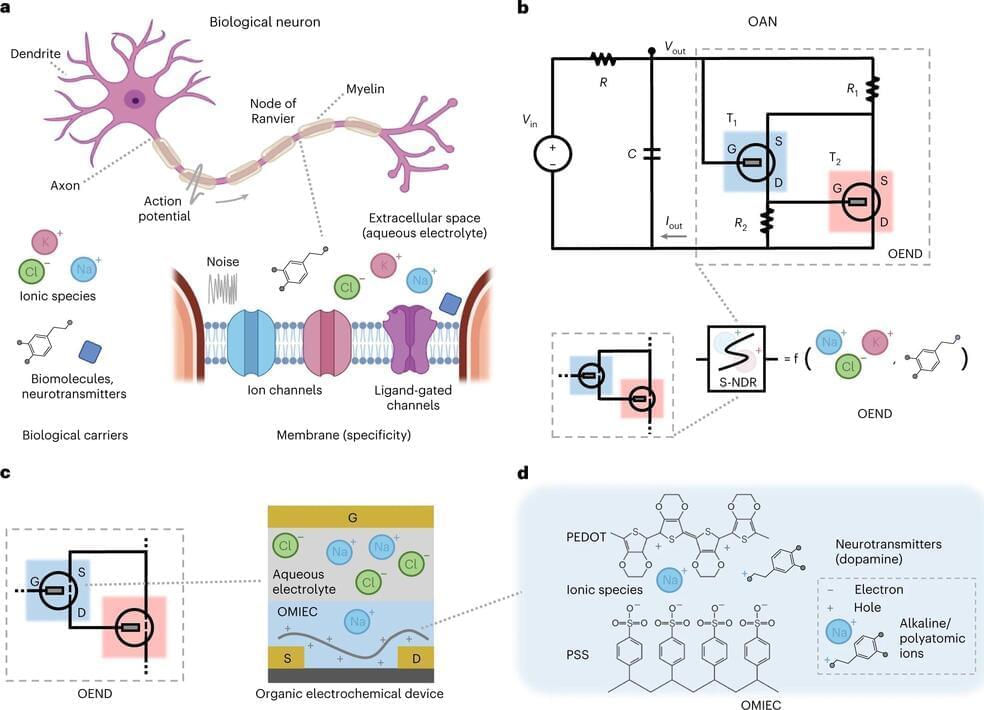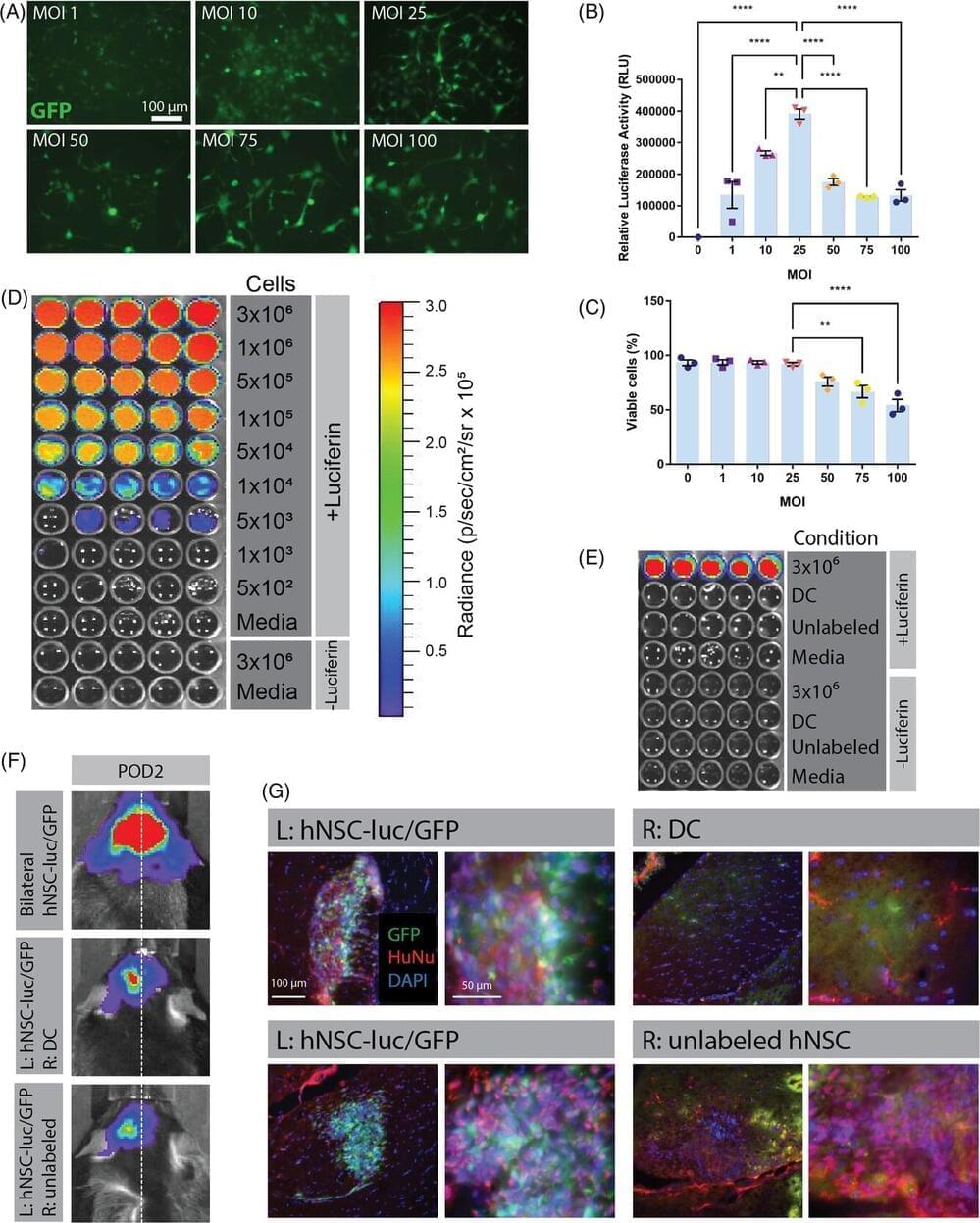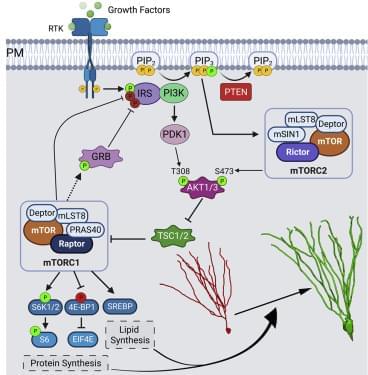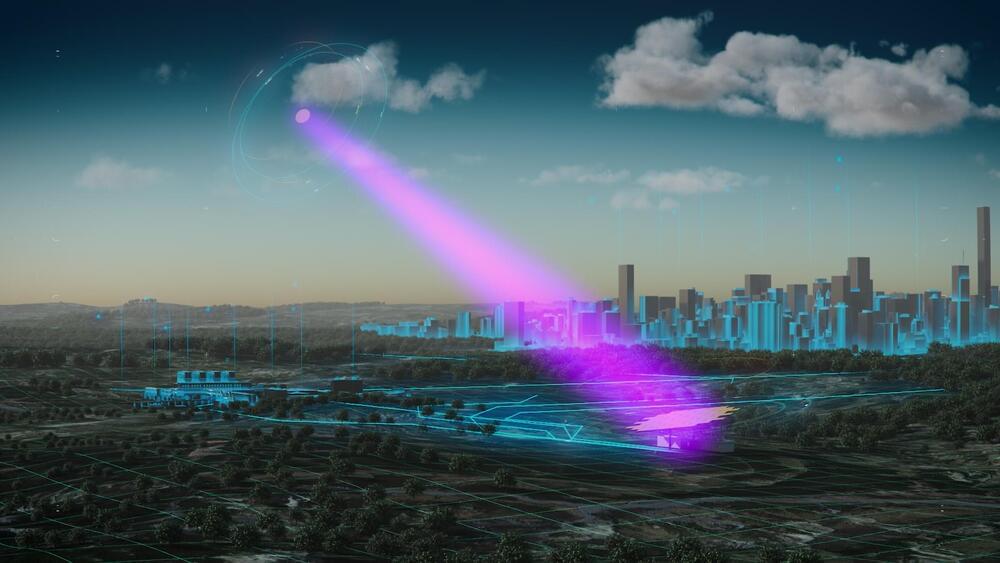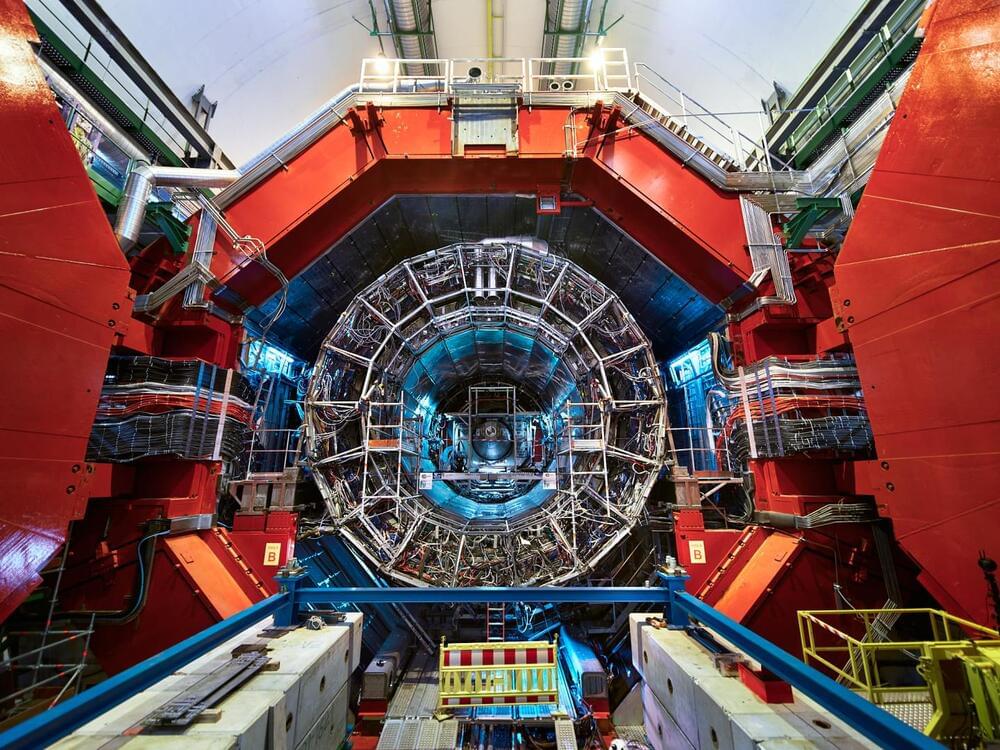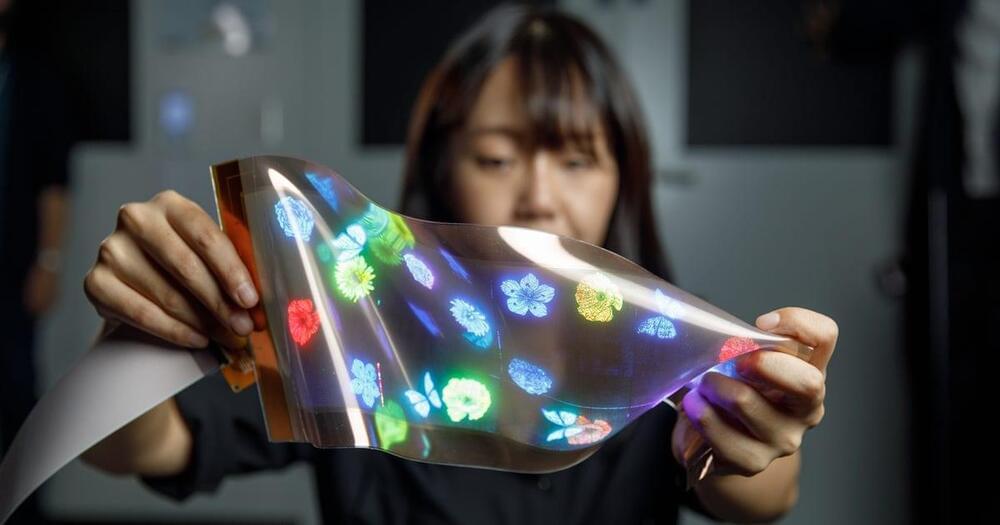The human genome has just over 20,000 genes coding for proteins. Yet, it produces at least ten times that many different non-coding RNA molecules, which can often take on more than one shape. At least some of this RNA structurome is functional in physiology or pathophysiology.
In an invited review for Nature Reviews Genetics, Danny Incarnato, a molecular geneticist from the University of Groningen (The Netherlands), and his colleague Robert C. Spitale from the University of Irvine in California (USA) describe ways to develop the, as yet, largely untapped potential of RNA structures.
RNA is perhaps best known as the intermediate between genome and protein synthesis: messenger RNA molecules copy the genetic code of a gene in the cell’s nucleus and transport it to the cytoplasm, where ribosomes translate the code into a protein. However, RNA is also a key regulator of almost every cellular process and the structures that are adopted by RNA molecules are thought to often be key to their functions.
